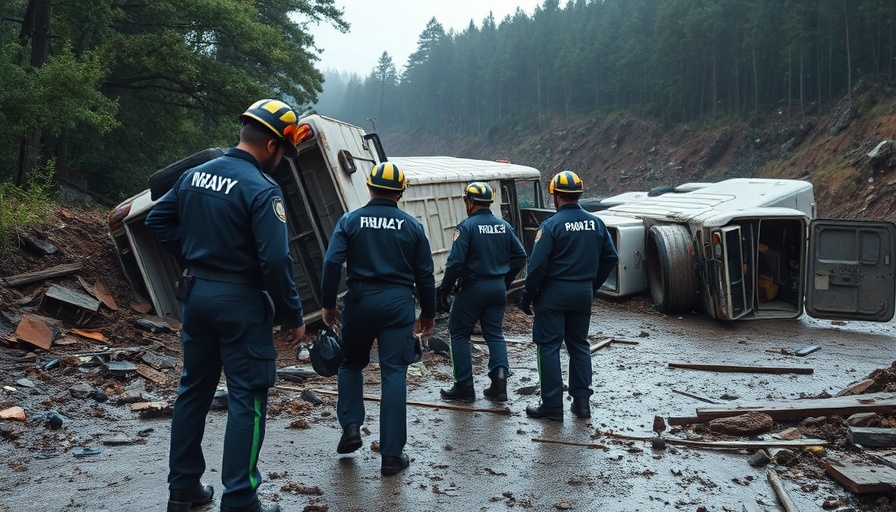
Trump Administration Shuts Down Key Disaster Preparedness Program Amid Rising Climate Threats
As tornadoes and catastrophic flooding wreak havoc across the United States, the Trump administration's recent decision to dismantle the Building Resilient Infrastructure and Communities (BRIC) program raises serious concerns. This initiative, initiated in 2018, aimed to help cities and communities prepare for the increasing frequency of climate-related disasters. With billions of dollars at risk and disasters causing billions in damages, experts warn that this move could leave vulnerable areas ill-prepared for future catastrophes.
Critical Funding for Climate Resilience at Risk
The BRIC program, which replaced a previous FEMA initiative, was crucial in providing financial aid for resilience projects. In 2023 alone, BRIC awarded nearly a billion dollars to various communities, supporting critical infrastructure upgrades in areas recently affected by major disasters. The decision to cancel upcoming matching grants, particularly at a time when numerous regions face heightened climate threats, has skepticism swirling among government officials and climate advocates alike.
Fear of Prioritizing Immediate Responses Over Long-Term Planning
A FEMA spokesperson defended the decision, stating, "BRIC was yet another example of a wasteful and ineffective FEMA program," highlighting concerns over the program's focus on climate adaptation. However, critics argue that without such programs, communities risk repeating past mistakes, lacking the foresight necessary to reduce disaster impacts. The move to prioritize short-term relief over long-term planning may ultimately prove detrimental to community resilience.
The Importance of Equitable Disaster Preparedness
Another alarming aspect of the dismantling of BRIC is its focus on equity, sometimes providing up to 90% funding for projects in disadvantaged communities. As climate disasters increasingly affect marginalized populations, the program was pivotal in leveling the playing field. Without its support, many of these communities could struggle to implement necessary improvements, thereby exacerbating existing inequities.
What's Next for Disaster Preparedness?
The cancellation of BRIC is not simply an administrative shift; it's a signal of a broader governmental direction that may deprioritize climate resilience initiatives. As communities grapple with rising sea levels, more destructive storms, and unpredictable weather patterns, the need for proactive programs becomes increasingly clear. Advocates implore policymakers to reconsider the impact of such decisions on both disaster preparedness and social equity.
The BRIC program was not merely another budget item; it represented a proactive approach to an urgent issue. As climate disasters intensify, communities need comprehensive strategies backed by government support to ensure their resilience. Without a commitment to funding and equity in disaster preparedness, futures hang in the balance.
 Add Row
Add Row  Add
Add 

 Add Row
Add Row  Add Element
Add Element 




Write A Comment